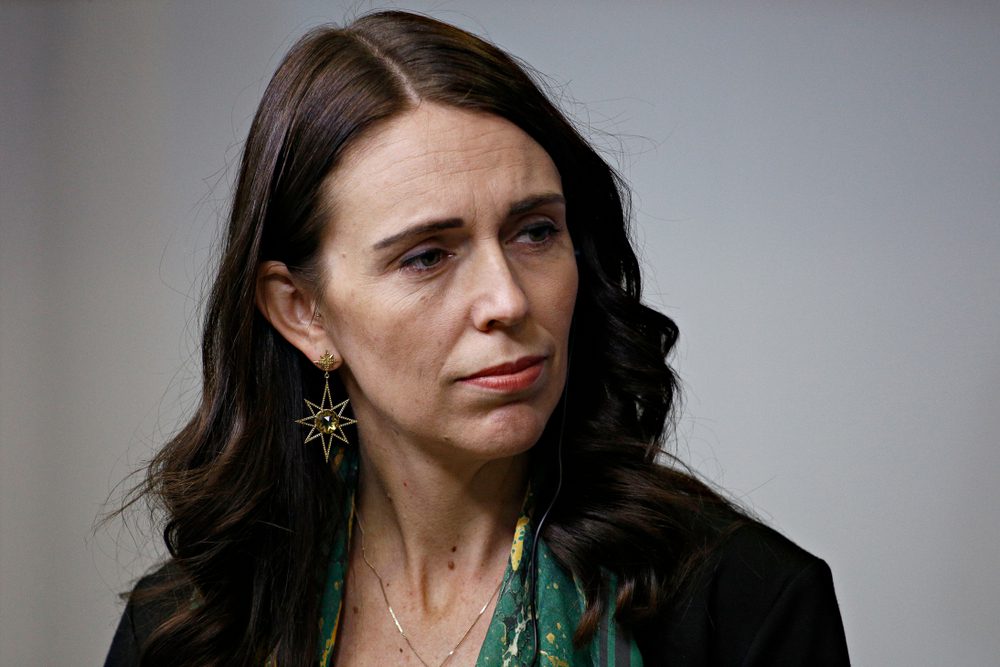
Jacinda Ardern, New Zealand’s prime minister since 2017, is resigning. During her first press conference of the year, on Thursday, January 19th, Ardern caused an upset by saying she had “no more in the tank” to continue in her duties.
In her emotional speech, the prime minister, 42, noted what a “privilege” it had been to do the job, but that it came with “big responsibility.” A responsibility, she added, which requires you to know “when you are the right person to lead—and also when you are not.”
Regretting that she failed “to find the energy and heart to continue in the role over summer,” now, she continued, she realises she no longer has “enough in the tank to do it justice,” and that it was “as simple as that.”
The PM dismissed the notion that another ‘real’ reason might have informed her decision. “I am human. We give as much as we can for as long as we can and then it’s time. And for me, it’s time,” she said.
In 2020, Ardern was re-elected with a historic absolute majority, as her popularity seemed to skyrocket, not just domestically but overseas as well. Yet, at least within her own country, approval from the court of public opinion had dipped in the intervening years.
This reality first hit home when a summer 2022 poll revealed that the country’s political right was surging and that its centre-right National Party and libertarian Act New Zealand could well form a government after the 2023 general elections, with the Labour-Greens bloc being able to garner only 42% support.
While Ardern stressed she was not leaving because “I believe we cannot win the election because I believe we can and will,” some do suspect Ardern’s decision to be a political calculation, so as not to be pointed to as the cause for what looks to be a looming defeat for Labour.
Ardern was elected prime minister at the age of 37 which, at the time, made her the youngest female head of government in the world. She soon became somewhat of a media darling and all-around feted figure within Western establishment circles.
During her tenure, she oversaw New Zealand’s COVID-19 policy (which some, alarmed over her implementation of divisive vaccine mandates and destructive lockdowns, argued was draconian), and tightened gun laws after the massacres at two mosques in Christchurch that killed 51 people.
Jacinda Ardern resigns.
— Kenelm Tonkin (@KenelmTonkin) January 19, 2023
Without of hope of winning the Oct 2023 poll, she hands a poisoned chalice to her successor.
Her legacy: the smashing of NZ civil liberties during covid, creating classes of citizens & assigning different rights to each.
I shed no tears at her exit. pic.twitter.com/pNez26PCZX
Ardern herself, having trouble picking just one proudest moment, noted her “standing in Parliament speaking on zero carbon legislation [to combat climate change]” as ranking high among them.
On Saturday, Ardern’s Labour party will meet to elect its new leader, who will take over the premiership on February 7th. Deputy Prime Minister Grant Robertson, who also serves as the country’s finance minister, said in a separate statement that he would not run as Labour’s next leader.
Ardern also announced that this year’s general election will take place on October 14th. As she made amply clear, she would not seek re-election. She will, however, stay on as a member of parliament until the end of April.
For now, Ardern professed she had no other plans career-wise; a soft-cushioned landing in another realm of enterprise—if the history of past politicians who had followed a certain ‘company line’ is anything to go by—is, however, all but certain.
